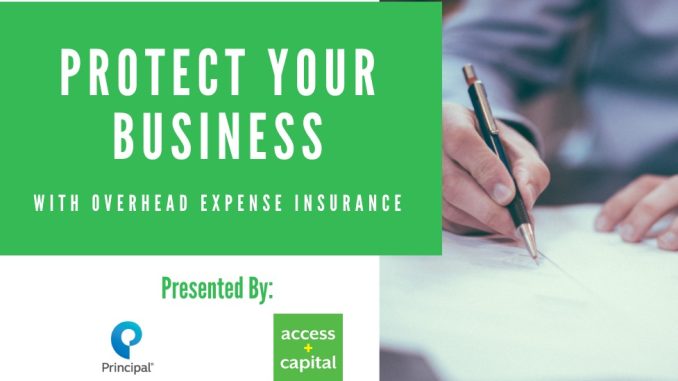
Running a business involves more than just delivering products or services—it requires maintaining a steady rhythm of operations, managing personnel, and covering fixed expenses that don’t pause when life throws curveballs. One of the most overlooked but critical forms of protection for business owners is Business Overhead Expense (BOE) insurance. This specialized coverage is designed to keep the lights on when the person at the helm—often the owner or a key executive—is temporarily unable to work due to illness or injury. While many entrepreneurs invest in personal disability insurance to protect their income, BOE insurance fills a different and equally vital gap: it ensures the business itself can continue functioning during a period of personal incapacity.
Imagine a small law firm where the founding attorney is the primary revenue generator. If that attorney suffers a serious injury and is unable to work for several months, the firm’s income could plummet. Yet the rent still needs to be paid, staff salaries must be covered, and utilities continue to accrue. Without a financial cushion, the firm could face layoffs, missed payments, or even closure. BOE insurance steps in to cover these essential overhead costs, buying time for recovery without sacrificing the business’s stability. It’s not about replacing lost profits—it’s about preserving the infrastructure so that the business can resume normal operations once the owner returns.
The value of BOE insurance becomes even more apparent in industries where the business is closely tied to the individual’s expertise or presence. Medical practices, accounting firms, and consulting agencies often revolve around the skills and relationships of a single professional. If that person is sidelined, the ripple effects can be immediate and severe. Patients may seek care elsewhere, clients may move on, and employees may feel uncertain about their future. By covering fixed expenses during a period of disability, BOE insurance helps maintain continuity and confidence. It signals to staff and clients alike that the business is resilient and prepared for unexpected challenges.
What makes BOE insurance particularly appealing is its targeted nature. Unlike broader business interruption policies, which typically respond to external events like natural disasters, BOE insurance is triggered by the insured’s inability to work due to a covered medical condition. The benefits are paid directly to the business and are used to cover specific overhead costs such as rent, utilities, employee salaries, insurance premiums, and equipment leases. This precision allows business owners to tailor coverage to their unique operational needs, ensuring that the most critical expenses are addressed without unnecessary complexity.
Another advantage is the relatively affordable cost of BOE insurance compared to other forms of business coverage. Because it’s designed to cover fixed expenses rather than income or profits, the premiums are often lower, making it accessible to small and mid-sized businesses. The underwriting process typically involves evaluating the owner’s health, occupation, and the nature of the business’s expenses. Once in place, the policy provides peace of mind, allowing entrepreneurs to focus on growth and innovation without constantly worrying about what might happen if they’re temporarily out of commission.
It’s also worth noting that BOE insurance can complement other forms of coverage. For example, a business owner might have personal disability insurance to protect their income, key person insurance to safeguard the company’s financial interests in the event of a permanent loss, and BOE insurance to keep the business running during a temporary absence. Together, these policies create a comprehensive safety net that addresses different dimensions of risk. This layered approach reflects a mature understanding of business continuity and demonstrates a commitment to long-term sustainability.
The importance of BOE insurance often becomes clear only in hindsight, when a business faces a crisis and realizes how vulnerable it was. But proactive planning can change that narrative. By investing in BOE coverage before it’s needed, business owners position themselves to weather storms with confidence. They protect not only their financial interests but also the livelihoods of their employees and the trust of their clients. In a competitive landscape where reputation and reliability matter, that kind of preparedness can be a powerful differentiator.
Ultimately, BOE insurance is about more than just dollars and cents—it’s about preserving the heartbeat of a business during times of uncertainty. It’s a practical expression of foresight, responsibility, and care. For entrepreneurs who have poured their energy into building something meaningful, it offers a way to safeguard that investment against the unpredictable nature of life. And in doing so, it reinforces the idea that resilience isn’t just about bouncing back—it’s about having the right tools in place to keep moving forward, even when the path gets difficult.